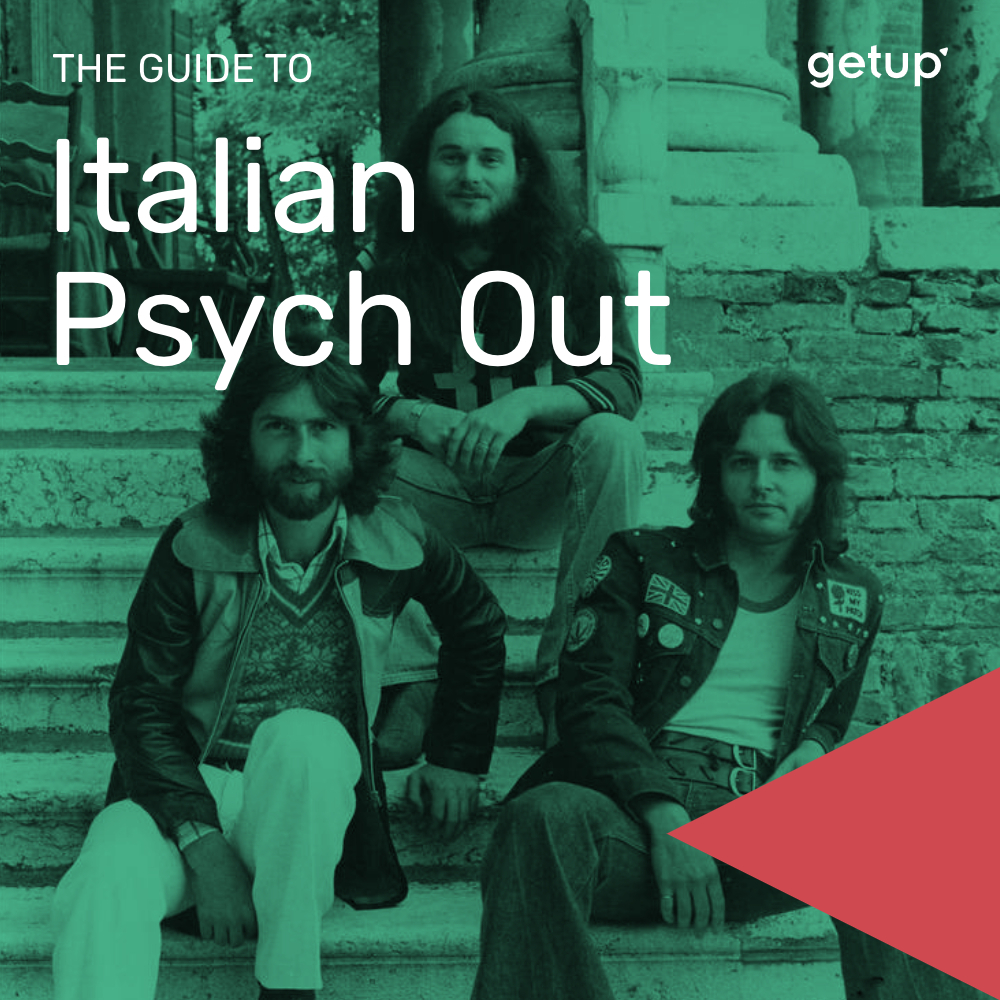Though often just outside the spotlight, Alan Douglas was nonetheless one of the outstanding actors of an era spanning the end of golden age jazz to the irresistible rise of pop culture. The American producer died 7 years ago, on June 7th, 2014 in Paris.
In addition to his role in the beginnings of rap with the Last Poets and gangsta rap with Hustler's Convention, Douglas also was a key figure in experimental Jazz from his contribution on John Mc Laughlin's first two albums (prefiguring fusion, jazz-rock etc.), and appearances on the great Jazz classics ( Duke's "Money Jungle", Eric Dolphy, Wildflowers, Bill Evans-Jim Hall "Undercurrent" ...). We also owe Alan Douglas - even his detractors admit - for having allowed several generations of music lovers born after 1970 to listen to Jimi without moderation.
His career — a word he certainly wouldn’t think of using for himself — is too often associated with Jimi Hendrix, whom he met in Woodstock. The producer became the confidant, the friend of the guitarist for a little over a year, until Jimi left us. Alan Douglas was in charge of the Hendrix catalog in the eighties until 1995. In 1975, he commits what was considered heresy by the hardcore fans of the guitarist: Crash Landing where he reconstructs all the rhythm sections aposteriori. This posthumous album of Jimi was an instant and phenomenal success in stores upon its release. The method, little used at the time, has since become common practice. Douglas was also the one who came up with the idea for Jimi’s superb « Blues » albuman opus highlighting his entire heritage of Muddy Waters and other blues masters.
Among legendary missed opportunities was Jimi's aborted session with Miles Davis and Tony Williams. After weeks of ongoing talks, the session was called off over money on the day it was supposed to start. Meanwhile Jimi was rehearsing on an acoustic guitar getting ready for it in Douglas’s office.
With Jimi Hendrix though, one unplanned opportunity gave birth to posterity via Doriella Du Fontaine. “It all started with an improvisation between Jalal and Buddy Miles on drums. And Jimi stood up. Thirteen minutes non-stop. An improv. Magnificent. It was in the box.” said Alan Douglas. For this pimp-and-whore story, in the unmatchable vein of « jail toast » oral street tradition, Jalal was eye to eye with Jimi on this magical session. Jalal was already a member of The Last Poets, radical zealots and furious improvisers that Alan Douglas discovered at the now famous corner of 137th Street and Lennox Avenue. Giving birth to Rap, that is. A little later, Alan produced Hustlers Convention, with the same Jalal (under the moniker Lightnin’ Rod) and a few other figures of Great Black Music resulting in an early ancestor of Gangsta Rap.
Such meetings of the third type remain Alan Douglas’s hallmark: provoking sound clashes, organizing sessions with a unique taste.
The list of sessions that can be credited to this music fanatic, who grew up with rhythm'n'blues, goes on and on. Alan Douglas is part of a race of giants, of craftsmen who have enabled the American recording industry to produce records that we call classics.
There are many bedside albums that bear his label stamp, or even his name when it comes to albums signed by Douglas Records, the firm he created in the mid-sixties. Among all, special mention goes to Money Jungle, which in 1962 brought together an exceptional trio: Ellington, Roach and Mingus… Douglas produced no less than eighteen albums on behalf of United Artists Jazz in 1962, and he also made two albums of Eric Dolphy possible — Conversations and Iron Man — that are monuments of their own.
Alan Douglas also recorded on tape the great prophets of the counterculture: Lenny Bruce, Malcolm X, Allen Ginsberg, Buckminister Fuller and the pope of LSD Timothy Leary, whom he was visiting in jail… We also owe him some of the first discographic steps of Richie Havens. The list goes on, as we said earlier.
Esteemed listener, we wish you a good (re) discovery of the extent of Alan Douglas’s contribution to the world's musical heritage through this unavoidably incomplete playlist!
.jpg)
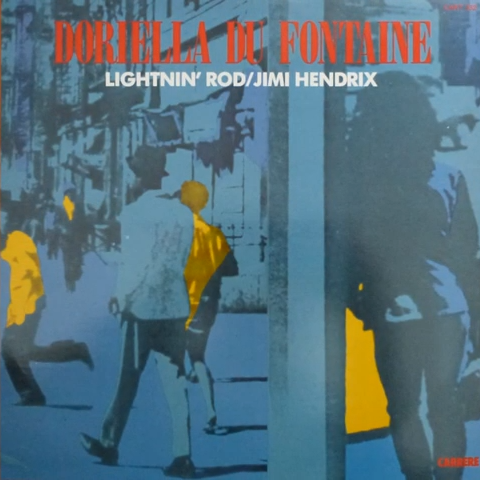
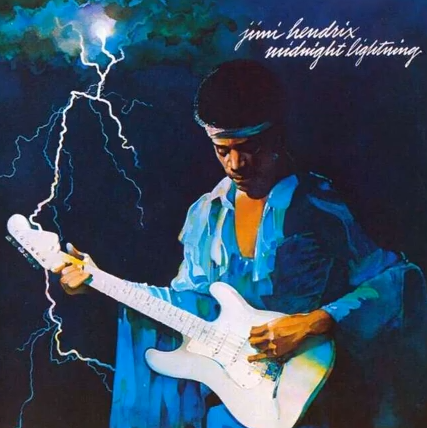
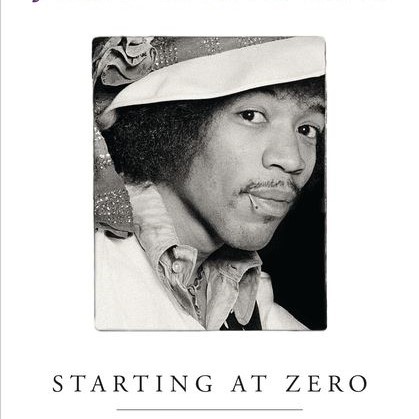
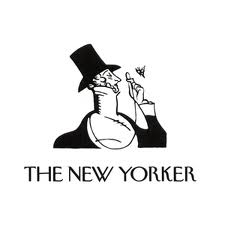
.jpg)


